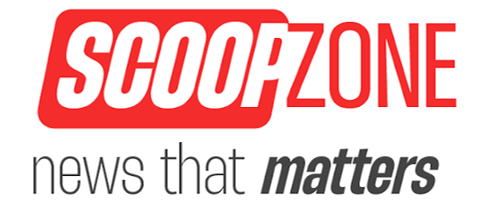Despite slower sales growth in recent months, Amazon remains one of the highest-valued brands in the world. In 2022, the company hit nearly 514 billion US dollars in net sales revenue globally, with most of the revenue being generated by e-retail sales of a variety of products.
However, a new high-profile lawsuit could have a lasting effect on the retail giant. The Federal Trade Commission (FTC) has joined 17 US states in suing Amazon.
The lawsuit claims that the retailer has now become a monopoly. It claims that Amazon’s policies stop its rivals from lowering their prices. It also overcharges sellers, lowers the overall product quality for online shoppers, prevents fair competition, and stifles innovation, and the company’s actions mean that current or future competitors don’t stand a chance.
However, the complaint makes it clear that it doesn’t object to the size of the company, just its actions. The FTC and its partners allege that Amazon is breaking the law as it is constantly engaging in a course of exclusionary conduct that prevents current competitors from growing and new competitors from emerging.”
The regulator added: “Our complaint lays out how Amazon has used a set of punitive and coercive tactics to unlawfully maintain its monopolies.
The complaint sets forth detailed allegations noting how Amazon is now exploiting its monopoly power to enrich itself while raising prices and degrading service for the tens of millions of American families who shop on its platform and the hundreds of thousands of businesses that rely on Amazon to reach them.”
Amazon has denied the allegations, with the senior vice president of Global Public Policy and General Counsel noting that the FTC isn’t acting in the best interests of consumers.
He said: “The practices the FTC is challenging have helped to spur competition and innovation across the retail industry, and have produced a greater selection, lower prices, faster delivery speeds for Amazon customers, and greater opportunity for the many businesses that sell in Amazon’s store.
If the FTC gets its way, the result would be fewer products to choose from, higher prices, slower deliveries for consumers, and reduced options for small businesses—the opposite of what antitrust law is designed to do.”











Add Comment